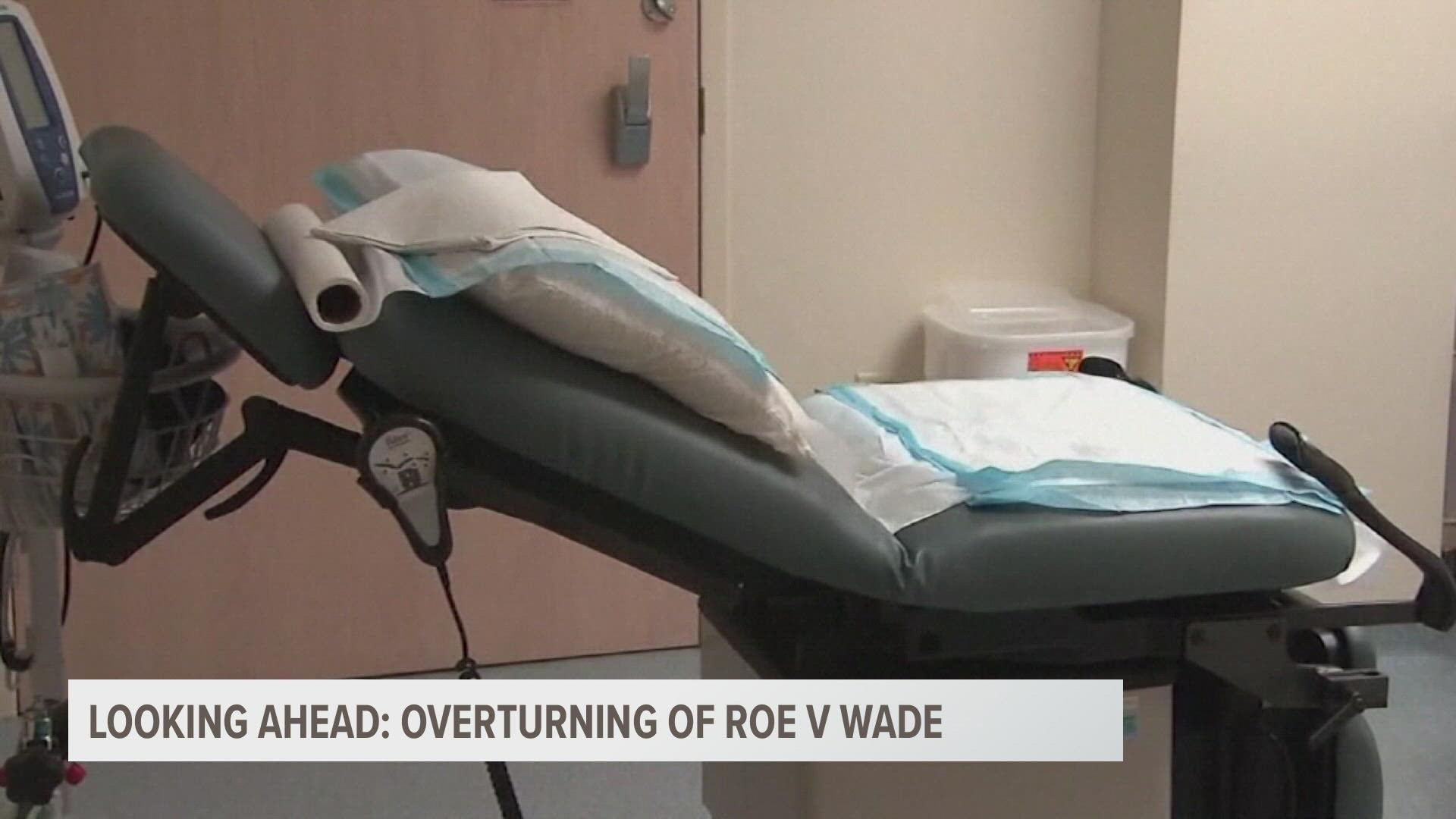GRAND RAPIDS, Mich. — We've explored what the immediate impacts of overturning Roe v Wade, especially here in Michigan, but we're also taking a look at the potential long-term impacts.
Roe v Wade was all about two competing values: a woman's autonomy and the potential of human life.
Richard Friedman, a University of Michigan Law professor, says Roe v Wade was an unusual decision because it set up a trimester framework.
It drew criticism almost immediately for being almost legislative in nature.
"Roe made the judgement that early on in the pregnancy, the woman's right to personal autonomy took precedence and later on in the pregnancy, the state's interest in protecting the potential human life became stronger," said Friedman.
Friedman has read Justice Alito's initial draft abortion opinion and says Alito's basic reasoning is there was never any justification for Roe.
"Roe has not made the issue go away," said Friedman. "It's ensnared the Supreme Court in a lot of unpredictable difficult issues and the court ought to go back to first principles. This is an issue that belongs with the people."
As far as the long-term impacts, Friedman believes one thing that can happen is pro-choice organizations devoted to helping women gain access to abortions will gain enormous amounts of money.
"I think many women, even if they can't afford it on their own who are in states where abortion is illegal, they'll get the support they need to be able to travel elsewhere."
He adds Corporate America and organizations over the coming years will be wary of doing business in states that put tight restrictions on abortions.
Friedman says a substantial majority of Americans favor allowing abortion in the early stages in the pregnancy and less support allowing abortion later on.
So a compromise of sorts or national consensus would be 13 or 15 weeks.
Some states would come to that easily and others won't, but over years, states that restrict abortions more, may appear as a pariah, according to Friedman.
►Make it easy to keep up to date with more stories like this. Download the 13 ON YOUR SIDE app now.
Have a news tip? Email news@13onyourside.com, visit our Facebook page or Twitter. Subscribe to our YouTube channel.

